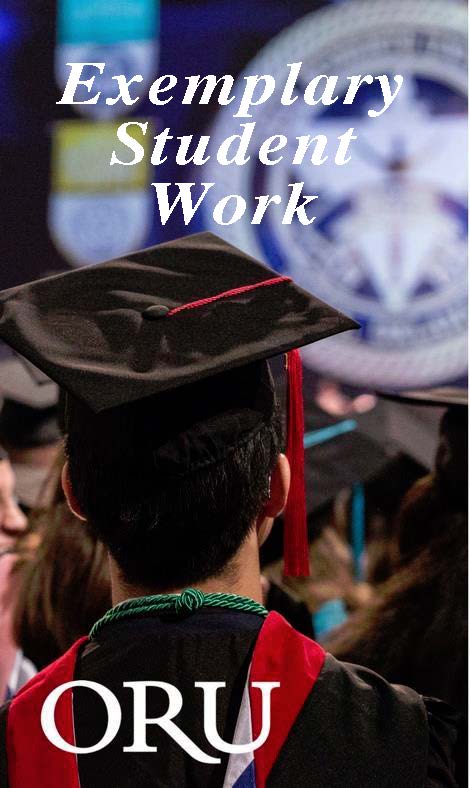Document Type
Article
Publication Date
11-22-2021
Abstract
Seeking to make an impact on the world through teaching English overseas, soon-to-graduate college student Annica feels drawn to Eastern Europe as she peruses a world map hanging on her dorm room wall. Her pointed finger drifting from country to country, she stumbles upon an unfamiliar, yet fairly large, eastern European country and reads “Ukraine.” Joy fills her heart, as she believes she’s found her destination. Seeking to gain information about teaching in Ukraine, she takes to the internet and her university’s resources. Suddenly, however, she is bombarded with academic and non-academic search results alike that dive deep into Russian phonology, morphology, and other “ology”s that she has simply never heard of. As feelings of inadequacy overwhelm her, Annica simply does not know how to interpret and sift through all of this new-found information. All she wants to do is prepare herself the best she can for her potential future students. Considering Ukraine’s history and current context, Russian-speaking Ukrainian students face both linguistic and non-linguistic challenges as they acquire English, which can be addressed through classroom strategies.
Recommended Citation
Hirschy, Gabrielle, "Teaching English in Ukraine: An Educator’s Guide to Teaching Russian-speaking Ukrainian students" (2021). College of Arts and Cultural Studies. 2.
https://digitalshowcase.oru.edu/acs/2





